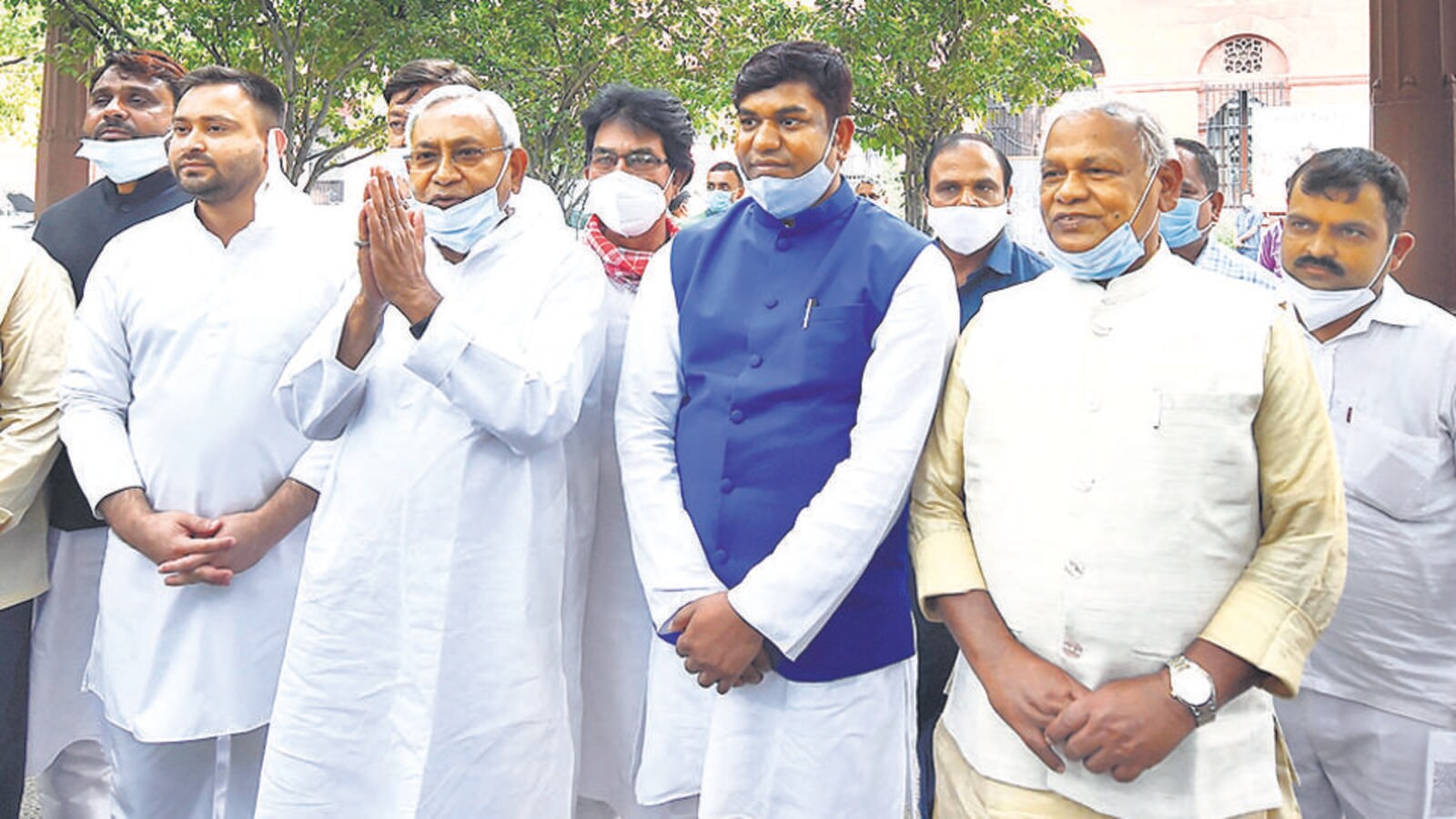‘Won’t go by pressure tactics of allies, Opposition as it is an issue fraught with risks’.
New Delhi: The Bharatiya Janata Party (BJP) leadership is still undecided on how to handle the caste census issue even as it faces political pressure from its allies, Opposition parties and internal demands.
What has added more layers to the situation is that several within the BJP’s ideological partner, the Rashtriya Swayamsevak Sangh (RSS), are not in support of having a caste census. Such a census goes against efforts for a unified Hindu community where caste-based distinction does not exist. This is a stand that the RSS has always stuck to whenever the question of caste census has risen in the past.
In 2010, when the issue had come up, the then RSS general secretary Suresh Joshi had stated on 22 April that caste-based census would weaken “social harmony”. “The demand for a caste-based census is against the views of founders of the Constitution like Dr B.R. Ambedkar, and it would weaken the goal of social harmony and unity. The RSS has from the beginning worked for social unity and against encouragement to caste-based identities. A different set of guidelines [other than the census] should be found for justifying reservations for other backward classes.”
Similarly, one month later, then organization general secretary, Bhaiyyaji Joshi had said that the RSS was against people being asked to disclose caste as it will hurt “sentiments”.
“The RSS is following the principles of late leader B.R. Ambedkar. Right from the beginning, RSS is in favour of a casteless society and any attempt to dilute it will hurt the sentiments of people,” Bhaiyyaji Joshi had told the media in Nagpur.
In the present context, apart from senior BJP leader and Rajya Sabha MP, Sushil Kumar Modi, none of the other senior leaders have spoken in support of the caste census.
His own state colleagues Sanjay Jaiswal, Giriraj Singh and Sanjay Paswan are speaking against the caste census. According to a senior Rajya Sabha party MP, it was an “issue” that had too many risks involved with it.
“Nitish Kumar is using the issue for his own political aspirations. He can make demands, but we, as decision makers, have to take multiple factors into accounts which are not just political in nature. Law and order might come under pressure once the result of the caste census is declared as voices demanding different things from different castes will arise, each pitted against other,” he said.
The party is also concerned about the clash between “dominant OBC castes” and other OBC castes and the political fallout of it.
“There is no doubt that it will lead to friction once the results (of the caste census) come out in the public domain. Leaders of the Yadavs of UP and Bihar might say that the finding of the census is not to their liking, and hence that they would not allow any affirmative action based on this census to take place, whereas the lower OBC castes will push for implementing new affirmative action on the basis of the new census results. It will lead to a clash. If we do not change policies as per the new census, the other OBC castes will be upset with BJP; if we change the policies, the “dominant” OBC and the forward castes will be upset with us. It is a very sensitive topic fraught with risks that the opposition parties and some of our allies are pushing us to take,” a senior party functionary said.
The BJP is also getting different opinions on the subject from within the party leaders, as each one is pushing that “solution” to be adopted which will help him/her at individual levels.
“All-party delegations, voices in Parliament are pressure tactics which have their limited value. The final decision on whether to do a caste census lies in the hands of only a few individuals, and no one can force them to take a decision for or against the census,” the Rajya Sabha MP quoted above said.

